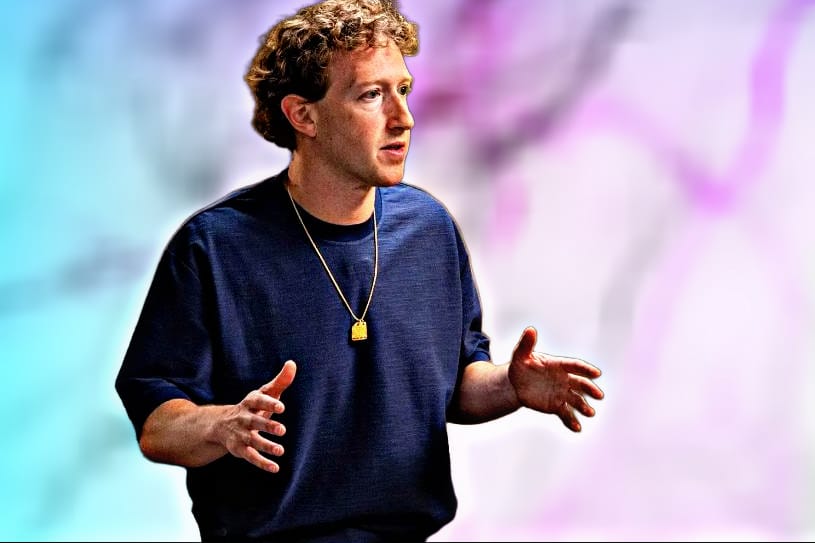Mark Zuckerberg, the co-founder and CEO of Meta Platforms (formerly Facebook), is one of the most influential and polarizing figures in the world of technology. A college dropout turned tech mogul, Mark Zuckerberg revolutionized the way the world connects, communicates, and shares information through the creation of Facebook, the world’s largest social media platform. From its humble beginnings in a Harvard dorm room to its global dominance and its expansion into virtual reality and artificial intelligence, Zuckerberg’s journey has been nothing short of extraordinary.
In this comprehensive article, we will explore Mark Zuckerberg’s life, career, achievements, controversies, and the profound impact he has had on the digital age, as well as how his innovations continue to shape the future of technology.
Early Life: A Tech Prodigy in the Making
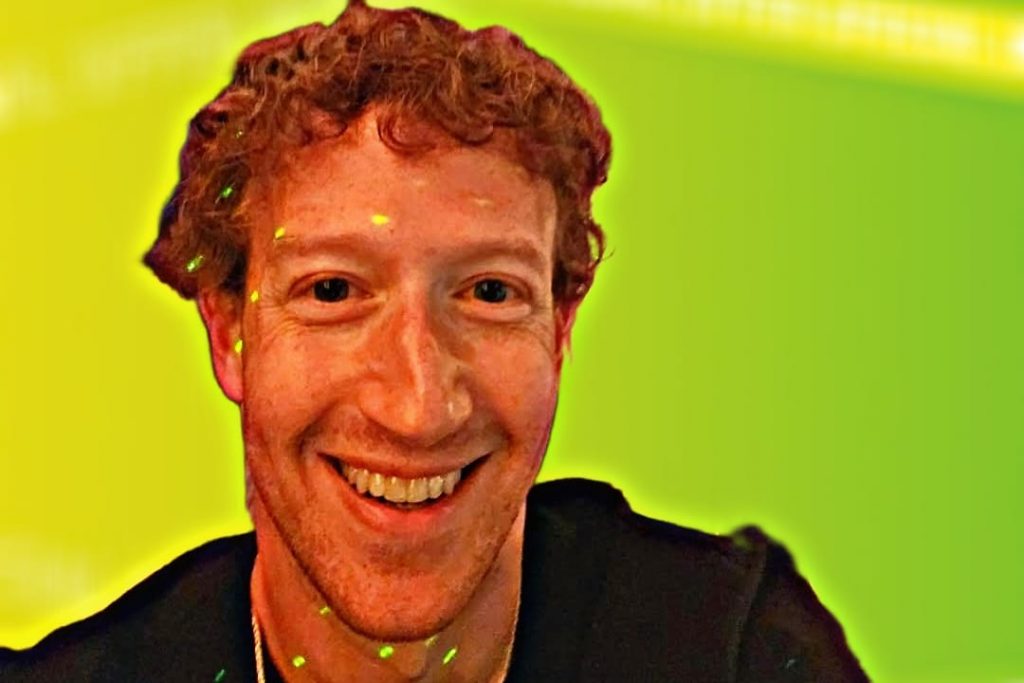
Mark Elliot Zuckerberg was born on May 14, 1984, in White Plains, New York, to Karen and Edward Zuckerberg. Raised in a middle-class Jewish family, Zuckerberg showed early signs of genius, especially in the areas of programming and technology. His father, a dentist, and mother, a psychiatrist, were supportive of his intellectual pursuits, and they provided him with the resources to explore his interests.
Mark Zuckerberg interest in computers began at a young age. He taught himself computer programming while still in high school and even developed several programs, including a music player called “Synapse,” which used artificial intelligence to learn users’ music preferences. This caught the attention of Microsoft and AOL, who both offered him jobs, but Mark Zuckerberg declined, deciding instead to focus on his education.
He attended Phillips Exeter Academy, a prestigious boarding school in New Hampshire, where he was known for his exceptional intellect and competitive nature. At Exeter, Zuckerberg created a program called “ZuckNet” that allowed computers in his father’s dental office to communicate with each other, a precursor to early instant messaging systems.
After graduating from Exeter, Mark Zuckerberg enrolled at Harvard University in 2002. While at Harvard, Zuckerberg studied psychology and computer science, laying the foundation for what would become his most groundbreaking innovation—Facebook.
The Birth of Facebook: From Dorm Room to Global Phenomenon
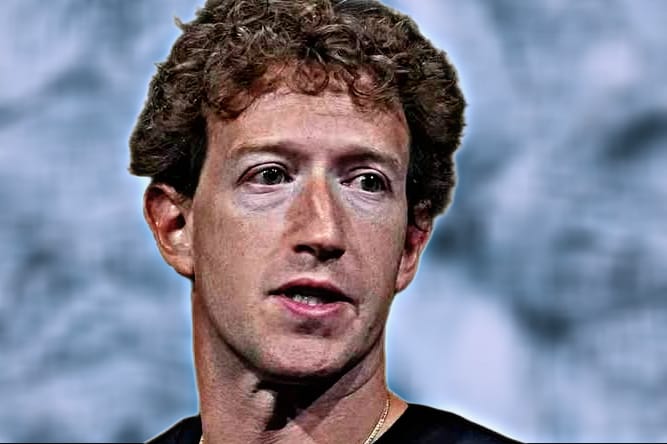
In 2004, Mark Zuckerberg, along with his college roommates Eduardo Saverin, Andrew McCollum, Dustin Moskovitz, and Chris Hughes, launched a website called “Thefacebook” from their dorm room in Harvard’s Kirkland House. Initially intended as an exclusive platform for Harvard students, Thefacebook allowed users to create profiles, connect with others, and share personal information and photos. It quickly became a hit on campus.
The platform’s success at Harvard prompted Mark Zuckerberg and his team to expand it to other Ivy League schools, and soon after, to universities across the United States and Canada. The website’s popularity skyrocketed, and by the end of 2004, Facebook had over one million active users. In February 2004, Zuckerberg dropped out of Harvard to focus on Facebook full-time, moving the company’s operations to Palo Alto, California.
In the early years, Facebook’s growth was fueled by its focus on user experience, simplicity, and the ability to foster connections between people. Unlike other early social networks, such as MySpace and Friendster, Facebook was designed to be user-friendly and more sophisticated, offering a clean interface and personalized features.
Mark Zuckerberg vision was clear: to connect the world and create a platform where people could share and communicate in ways that were previously impossible. Facebook’s growth was also driven by its ability to adapt and innovate. In 2006, the company opened up the platform to anyone with an email address, no longer limiting it to college students, and it quickly became a global network.
The Rise of Facebook: Dominating Social Media
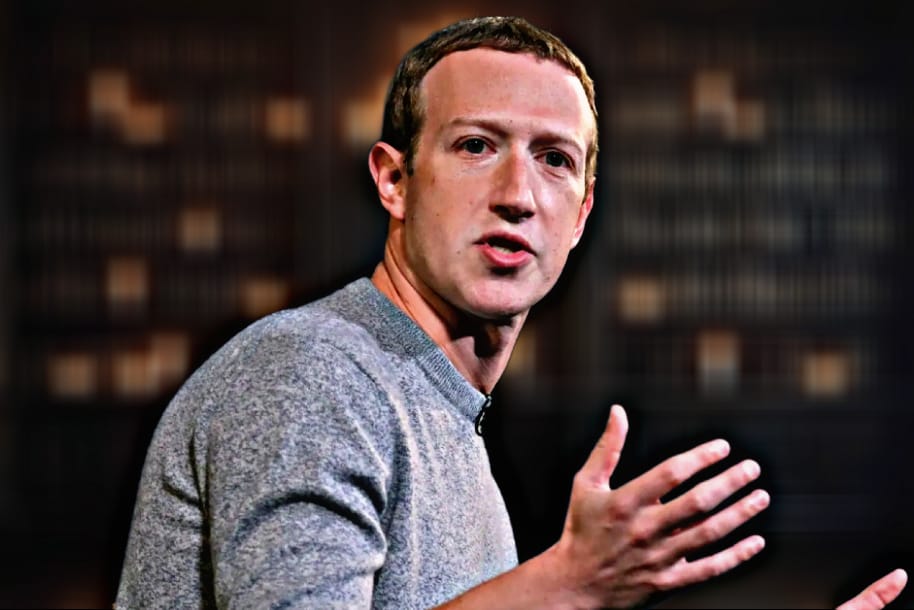
By the late 2000s, Facebook had become the dominant social media platform in the world, surpassing MySpace and other competitors in terms of active users and engagement. Mark Zuckerberg’s focus on improving the platform, along with strategic acquisitions, solidified Facebook’s position as the king of social media.
Key Milestones in Facebook’s Growth:
- 2007: Facebook’s First Major Funding
In 2007, Facebook raised its first significant investment from venture capital firm Accel Partners, which valued the company at $15 billion. This infusion of capital allowed Facebook to scale its infrastructure and expand its reach globally. - 2008: The Facebook “Like” Button
One of Facebook’s most recognizable features, the “Like” button, was introduced in 2008. This simple yet powerful tool revolutionized the way users interacted with content, allowing for quick feedback and encouraging greater engagement. - 2010: The Launch of Facebook’s IPO
In 2010, Facebook became one of the most-talked-about companies in Silicon Valley. The company’s IPO (Initial Public Offering) in 2012 raised $16 billion, making it one of the largest tech IPOs in history. Facebook’s stock was priced at $38 per share, though it initially faced challenges in its stock performance. - 2012: Acquisition of Instagram
In 2012, Facebook made a bold move by acquiring the photo-sharing app Instagram for approximately $1 billion. This acquisition not only expanded Facebook’s footprint in the mobile and photo-sharing space but also marked Zuckerberg’s first major acquisition of a company outside of Facebook. - 2014: Acquisition of WhatsApp
In 2014, Facebook acquired WhatsApp, a global messaging platform, for $19 billion, further solidifying its dominance in the communication space. The move expanded Facebook’s global user base, especially in emerging markets, where WhatsApp was already popular.
From Facebook to Meta: The Vision of the Metaverse
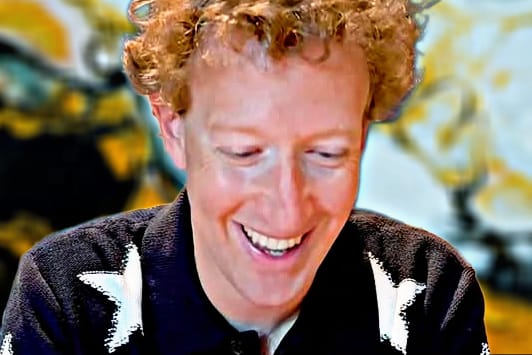
In 2021, Mark Zuckerberg made a bold and futuristic move by rebranding Facebook to Meta Platforms Inc., signaling the company’s new focus on the metaverse—a virtual reality (VR) and augmented reality (AR) ecosystem that aims to transform the way people interact with digital environments. With the rebrand, Mark Zuckerberg outlined his vision for the next era of the internet, where people would interact in shared virtual spaces using avatars, AR glasses, and immersive technologies.
Mark Zuckerberg push for the metaverse comes with heavy investments in VR technology through the Oculus VR headsets, which Meta acquired in 2014 for $2 billion. While still in the early stages of development, the metaverse is seen as the future of digital interaction, where users can attend virtual events, socialize, work, and shop in 3D environments.
Meta’s rebranding also marked a shift in its business model. In addition to Facebook, Instagram, and WhatsApp, Meta began focusing on creating digital products and services designed for the metaverse. This shift is a significant part of Mark Zuckerberg long-term vision to make the metaverse the next generation of the internet, building on technologies like artificial intelligence (AI), virtual reality, and blockchain.
The Metaverse and the Future of Social Media
Mark Zuckerberg believes that the metaverse will revolutionize how people interact with the internet, taking social media beyond the confines of screens and into fully immersive digital worlds. Whether it’s through virtual concerts, real estate in virtual environments, or social interactions via avatars, the metaverse is expected to redefine the concept of connectivity.
Despite its potential, the metaverse has raised questions about privacy, user data, and the ethical implications of virtual worlds. Meta’s focus on the metaverse has sparked debates on the future of social media and the company’s role in shaping online experiences. Mark Zuckerberg ambitions for the metaverse have attracted both excitement and criticism, as it remains to be seen how the technology will evolve.
Mark Zuckerberg Personal Life and Leadership Style
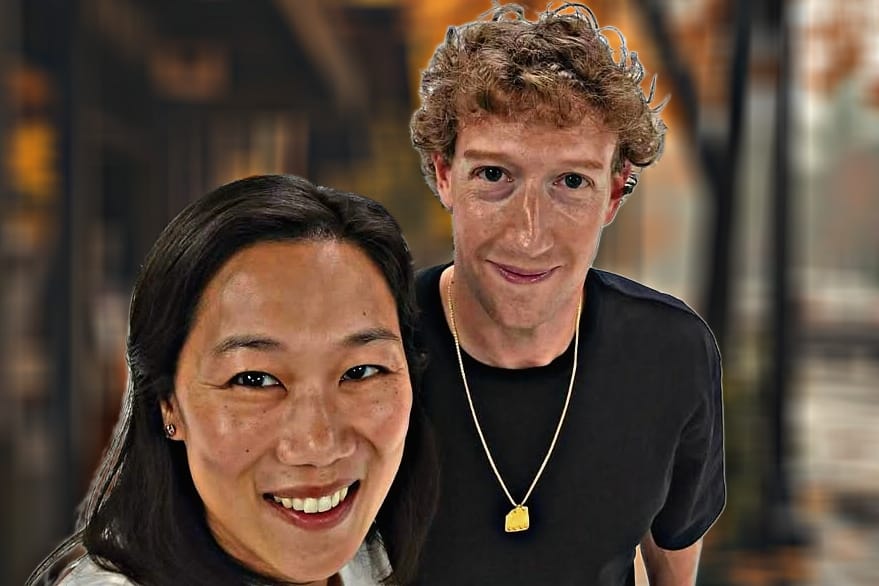
Mark Zuckerberg’s leadership style and personal life have been the subject of public fascination. He is known for his intense focus on his work, often spending long hours at Meta’s headquarters and staying deeply involved in the company’s strategic decisions. Zuckerberg is also known for his commitment to transparency, often sharing updates with the public through Facebook posts, live videos, and public appearances.
Mark Zuckerberg personal life is equally noteworthy. In 2012, he married Priscilla Chan, a pediatrician and philanthropist. The couple is known for their philanthropic efforts, particularly through their charitable organization, the Chan Zuckerberg Initiative (CZI), which focuses on advancing science, education, and justice. The initiative has pledged billions of dollars toward causes such as curing disease, improving education, and promoting social equity.
Mark Zuckerberg Philanthropy: Giving Back to the World
The Chan Zuckerberg Initiative (CZI) was founded in 2015 with the goal of “advancing human potential and promoting equality.” The organization has already made substantial investments in health research, education reform, and efforts to fight poverty and inequality. Through CZI, Zuckerberg and Chan aim to give away 99% of their Facebook shares over their lifetimes, making them among the world’s most significant philanthropic families.
Controversies and Criticisms: Privacy, Misinformation, and Antitrust Issues
Despite his success, Mark Zuckerberg and Facebook have faced significant controversies over the years. The most notable of these have involved privacy concerns, misinformation, and accusations of monopolistic practices.
Privacy and Data Security
Facebook has faced numerous privacy scandals, with the most high-profile being the Cambridge Analytica scandal in 2018. It was revealed that a political consulting firm had gained access to the personal data of millions of Facebook users without their consent. This incident raised serious questions about Facebook’s ability to protect user data and its role in influencing political events.
Zuckerberg has since apologized and made efforts to strengthen privacy policies, including the introduction of stronger data protection measures and increased transparency in how user data is handled. However, the privacy concerns surrounding Facebook and Meta have persisted, especially as the company continues to collect vast amounts of personal information from its users.
Misinformation and Content Moderation
Another major challenge Mark Zuckerberg has faced is addressing the spread of misinformation and harmful content on Facebook and its affiliated platforms, such as Instagram and WhatsApp. Facebook has been criticized for its role in the dissemination of fake news, conspiracy theories, and harmful content, particularly during critical events like elections and the COVID-19 pandemic.
In response, Mark Zuckerberg has pledged to implement stronger content moderation practices, including increasing the use of artificial intelligence to identify harmful content and enhancing transparency in political ads. However, critics argue that the company’s efforts have been insufficient, and some believe that Facebook has not done enough to combat the spread of misinformation.
Antitrust Issues
Facebook has also faced antitrust scrutiny from government regulators, who have questioned whether the company’s acquisitions (such as Instagram and WhatsApp) have stifled competition in the social media space. In 2020, the Federal Trade Commission (FTC) filed an antitrust lawsuit against Facebook, accusing the company of engaging in anti-competitive practices. The legal battle is ongoing, and the outcome could have significant implications for the future of Facebook and other tech giants.
Conclusion: Mark Zuckerberg’s Legacy
Mark Zuckerberg’s journey from Harvard dorm room to the helm of Meta Platforms is a testament to the transformative power of technology and innovation. As the co-founder and CEO of Facebook, Mark Zuckerberg reshaped the way the world communicates, connects, and shares information, building the largest social media empire in history. His vision for the future of social media, virtual reality, and artificial intelligence is helping to shape the digital landscape for years to come.
Despite facing numerous controversies, Mark Zuckerberg leadership, business acumen, and commitment to innovation have solidified his place as one of the most influential figures in the tech industry. As he continues to push forward with the development of the metaverse, Mark Zuckerberg legacy will undoubtedly be defined by his ability to not only revolutionize social media but also pioneer new technologies that could change the way people experience the digital world.
Mark Zuckerberg’s journey is far from over, and his impact on the world of technology will continue to unfold in the years to come.

